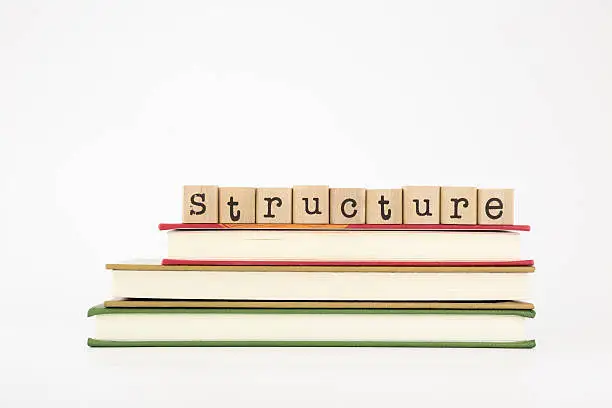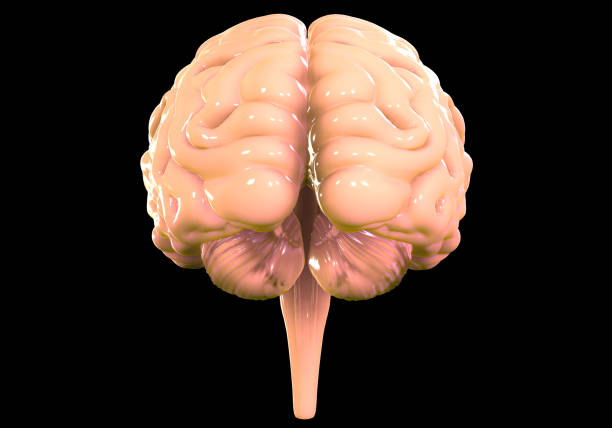How to Write a Thesis Paper | Thesis Paper Format
Table of Content
Writing a thesis paper format is an important task that you need to complete to get your degree. Although it may seem like a lot of work at first, it will pay off in the long run when it comes time for your professor to grade your paper. In this article, we’ll discuss how to write a perfect thesis paper by going through each step individually so that we can help you achieve success!
Determine a General Topic
The first step in writing a thesis paper is determining a general topic. This can be done by brainstorming or using the Internet, but you must set goals before you start working on your solution. You should not just pick the first idea that pops into your head—you want to know what problems need solving and how they relate specifically to your own interests and experiences.
For example: if I were asked, “What is the most important piece of advice you could give someone who wants to lose weight?”, my answer might include things like “Don’t diet” and “Exercise regularly”, but also include examples like “eat healthy food” or “run every day”.
Narrow the topic
In order to write the perfect thesis paper, you must first narrow your topic. If you don’t know where to start, it’s easier to write a broad topic than one that is too narrow. The most important thing is that when writing your thesis paper, you define the scope of your topic and focus on one aspect of it. This will help make sure that readers understand what they’re reading and how they can apply that knowledge in their own lives as well as in their work environments.
To begin narrowing down your topic:
- Use keywords or phrases from each chapter’s header section(s) as prompts for ideas about what other chapters might cover (e.g., “How did John see his dream?”). Make sure these questions are specific enough so they reflect something concrete; otherwise people might not know what exactly it was about them which made them feel this way/was interesting/etcetera!

Form an up-to-date Topic for your Thesis:
To write a thesis statement, the first step is to identify your topic sentence. Your topic sentence should be clear and concise, but it doesn’t need to be long or complex. It should simply convey what you’ll talk about in greater detail as you go through your thesis paper.
A good example of a clear and concise topic sentence can be found below: “Thesis Statement:
Find Sources
When you’re writing your dissertation, it’s important to find sources that are reliable. You want to ensure that the information in your thesis is accurate and up-to-date. This can be done by using reliable websites and books.
- Look for textbooks, journals, magazines and newspapers: In order to get good information on a topic, you need to look at many different sources of information such as books or articles from journals or magazines about that topic so you can get an idea of what kind of research has been done on it before making decisions about whether something should be included in your paper or not.*
- Find a good library: A sound library will have more than enough resources available which might help when looking through all these different types of books so make sure yours does too!
Read and Take Notes
- Read and take notes on the sources. This is the most important part of your thesis, so it’s essential to make sure you’re reading your sources carefully and taking notes on them. Take notes on each source’s thesis statement and any other relevant information (such as dates).
- Use highlighters to mark important points in each source. Highlighters are great because they allow you to highlight text without changing its appearance too much—just make sure not to use one for an entire paragraph or longer! You can also use these highlighters when writing out quotes from your sources; this will help you remember what they said better than just reading from the source itself (which tends not give us enough context).
- Write down questions about any unfamiliar concepts within each source or new interpretations of old ones: What do these terms mean? How do they relate? Why should we care about this topic? These sorts of questions will help guide our thinking when developing our conclusions later on.

Write an Outline
The first step to writing a perfect thesis paper is to create an outline. An outline is simply a detailed list of the points you want to cover in your paper, organized in a logical way that makes sense and follows the flow of ideas.
The most important thing about an outline is that it must be comprehensive enough to use as-is when writing each section of your thesis paper. This means that it shouldn’t just be a list of bullet points; instead, think about what information should go where within each subsection and how this might affect other areas of your work (or vice versa). Keep in mind that this process will take time—you’ll need at least two weeks before starting on this part so don’t rush yourself!
Write the First Draft
The first step to writing a perfect thesis paper is to write the first draft. This means that you need to think about what you want to say and how you want it presented.
Write in a way that is easy for the reader/student and makes sense simultaneously. This will help them understand what they read/study easier as well as make sure they get all their information in one place so there is no confusion later on when reading other parts of your paper or exam questions!
Make sure everything is clear, concise and logical; this includes structure (use headings), organisation (use paragraphs), style (don’t use all caps), grammar etc., so no matter how difficult it might seem now – trust me – this will make things much easier later down the road once everyone else has gone through them already 🙂
Revise the First Draft
The first draft is the most critical part of your paper. Many people will read it, so it needs to be perfect. You should re-read your work and ensure that you have covered all of your evidence correctly and that each sentence supports the main point of your thesis statement. You can also check for spelling and grammatical errors.
Write the Final Draft
- Make sure the writing is clear and concise.
- The thesis should be clearly stated.
- The writing is organized and logical.
- There are no grammatical or spelling errors in your paper.
- You have not plagiarized from other sources without giving credit to them at least once in the introduction or reference section (or both).
If you follow these steps, you’ll be on your way to an excellent thesis paper. Remember that writing is not just about coming up with ideas but also ensuring they are organized and presented effectively. Thesis papers can be challenging to write, especially if you’re unsure where to start. The best way to get started is by writing an outline of your paper. If you are facing a problem in writing your thesis paper then you can connect to our website (www.aimlaywriting.com) and get professional help in writing your thesis paper.




































